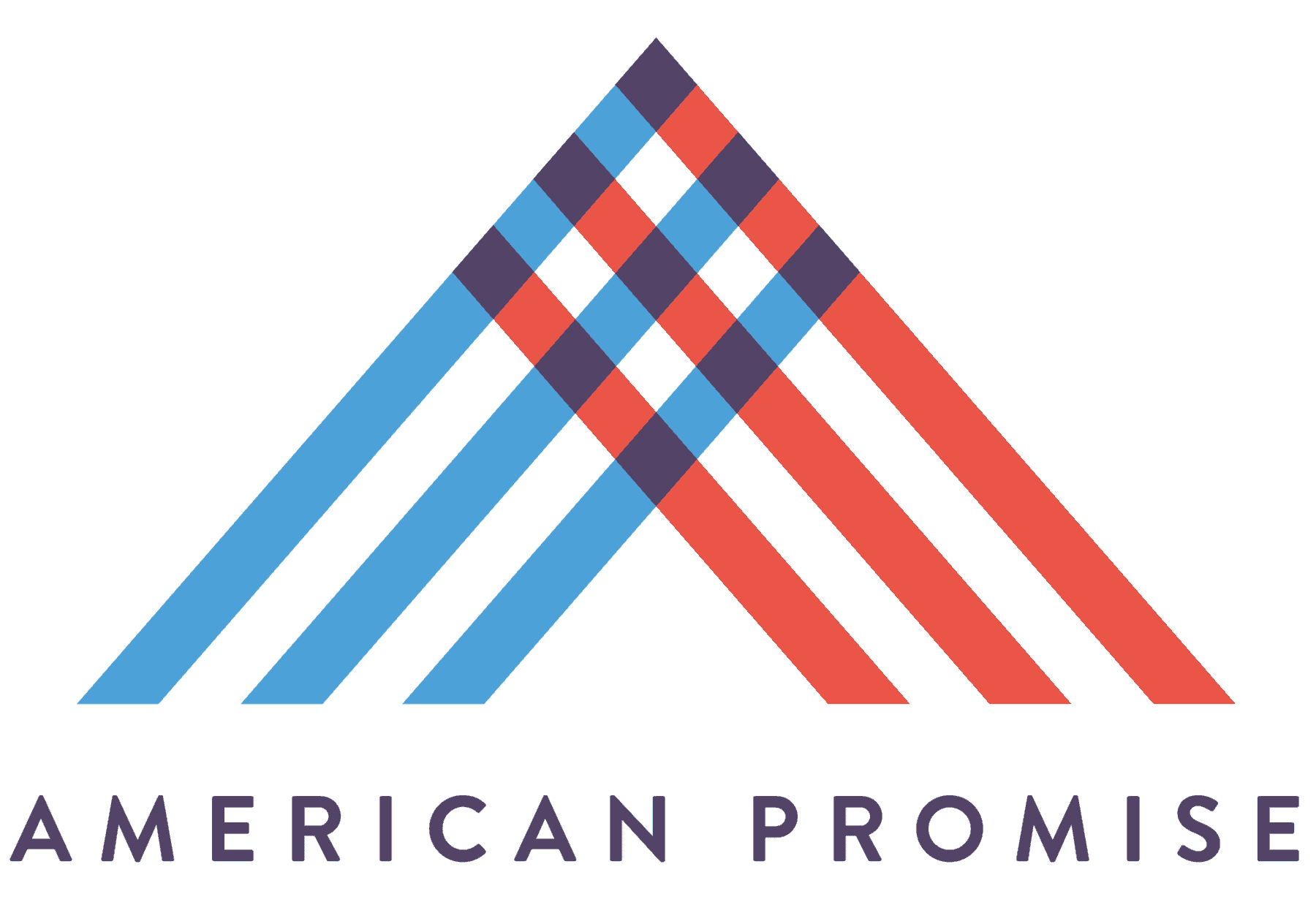I join the overwhelming majority of Americans to demand an amendment to the United States Constitution to end the domination of big money in politics and give voice to all Americans.
I will stand with all Americans, without regard to party or other differences, and urge all candidates and elected officials to do the same, in order to pass and ratify such a constitutional amendment as soon as possible.
Navigation


